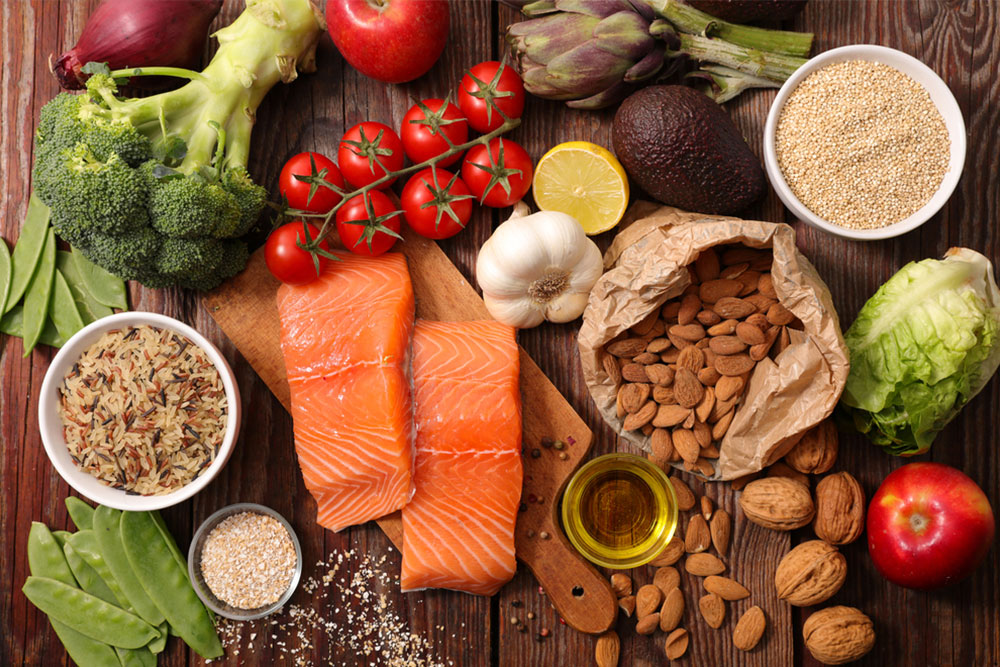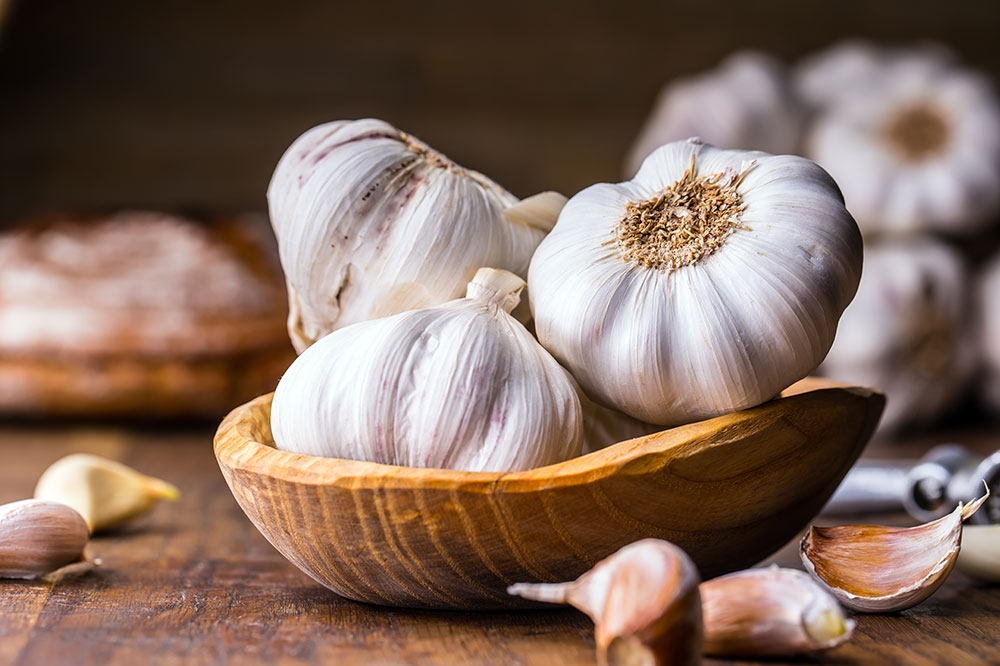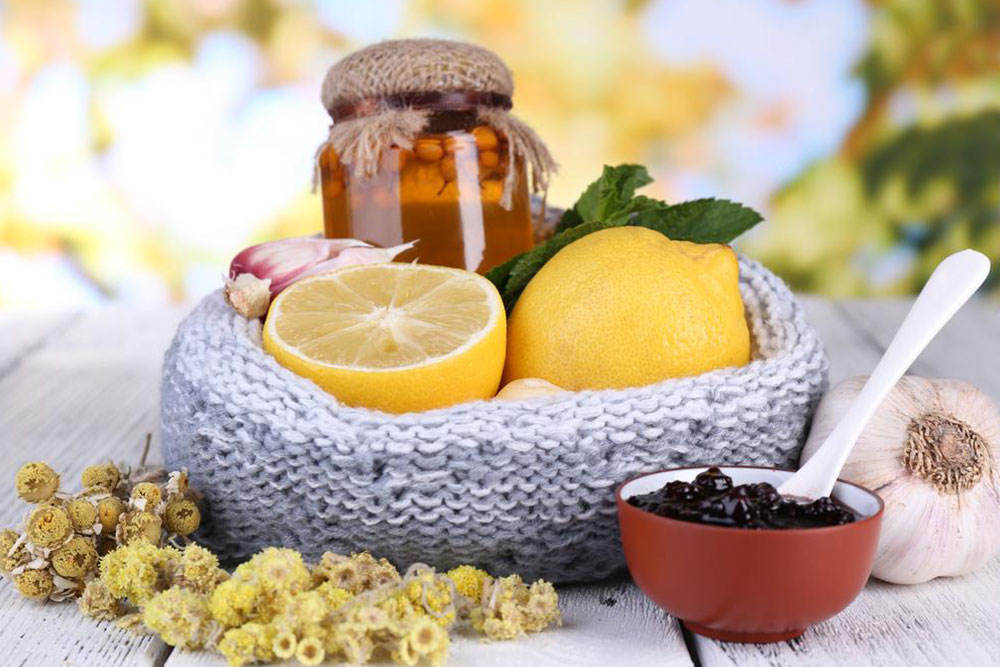Comprehensive Guide to Nutritional Strategies for Alleviating Arthritis Symptoms
Explore comprehensive dietary strategies to support arthritis management. This detailed guide emphasizes foods rich in omega-3s, antioxidants, and anti-inflammatory agents like green tea, garlic, turmeric, and leafy greens. Incorporating these into a daily diet can reduce joint pain and inflammation, improve mobility, and enhance overall quality of life. Learn how specific foods can work alongside medical treatments to provide natural relief and promote joint health for long-term wellness.

Essential Dietary Habits to Manage Arthritis Effectively
Arthritis is a chronic condition characterized by inflammation of the joints, leading to symptoms such as pain, swelling, stiffness, and reduced mobility. These symptoms can significantly diminish one’s quality of life and hinder daily activities. While medications are commonly prescribed to manage arthritis, emerging research underscores the crucial role of diet and nutrition in alleviating symptoms and improving overall joint health. Adopting an anti-inflammatory diet rich in specific foods can complement medical treatment and potentially slow disease progression.
Understanding which foods best support joint health is essential for those seeking natural ways to manage arthritis. Incorporating nutrient-dense, anti-inflammatory foods into your daily meals can reduce joint swelling, decrease pain, and enhance mobility. Here is a detailed exploration of the most effective dietary choices for arthritis sufferers:
1. Omega-3 Fatty Acids from Seafood
Fatty fish such as salmon, sardines, tuna, and mackerel are rich sources of omega-3 polyunsaturated fatty acids. These essential fats have been extensively studied for their potent anti-inflammatory properties. They help block the production of certain inflammatory mediators, thereby reducing joint swelling and tenderness. Regular consumption of omega-3 rich seafood has been shown in clinical trials to decrease the severity of arthritis symptoms and improve joint function. For optimal benefits, include fatty fish in your diet at least twice a week, and consider omega-3 supplements if fish intake is limited.
2. Green Tea – The Antioxidant Powerhouse
Green tea is renowned for its high antioxidant content, particularly catechins, which neutralize free radicals and decrease oxidative stress—factors known to exacerbate inflammation. Drinking two cups of high-quality green tea daily can provide a significant anti-inflammatory boost, helping to reduce joint swelling and pain. The antioxidants in green tea may also inhibit the destruction of cartilage and slow disease progression. For best results, opt for fresh brewed green tea and avoid excessively sweetened variants.
3. Garlic – Nature’s Anti-inflammatory Superfood
Garlic contains allicin, a compound with powerful anti-inflammatory properties. Research indicates that regular intake of garlic can lower levels of inflammatory markers, thus easing joint discomfort. Additionally, garlic has been linked to reduced risk factors for cardiovascular diseases and cancer. Incorporate raw or cooked garlic into your meals daily; its pungent flavor enhances various dishes while conferring health benefits. Garlic's role extends beyond joint health, contributing to overall wellbeing.
4. Dark Chocolate – An Enjoyable Anti-inflammatory Treat
Dark chocolate with at least 60% cocoa content is a delightful way to incorporate antioxidants into your diet. Rich in flavonoids, dark chocolate can combat inflammation and promote vascular health. Consuming small portions of dark chocolate regularly provides a pleasurable and effective means to support joint health. Be mindful to limit sugar intake to maximize health benefits and prevent weight gain, which can strain joints.
5. Berries – Nature’s Antioxidant-Rich Superfoods
Blueberries, strawberries, raspberries, and other berries are packed with antioxidants, particularly vitamin C and polyphenols. These compounds help reduce inflammation and protect joint tissues from oxidative damage. Berries are also high in fiber, which supports healthy digestion and prevents constipation—particularly beneficial for those on arthritis medications that may cause gastrointestinal side effects. Incorporate a variety of berries into your diet daily through smoothies, salads, or snacks.
6. Turmeric – The Golden Spice of Choice
Turmeric contains curcumin, a compound with potent anti-inflammatory and antioxidant properties. Regular use of turmeric in cooking or as supplements can help diminish joint inflammation, ease pain, and improve mobility. Popular methods include adding turmeric powder to curries, teas, or making turmeric milk. To enhance absorption, consume turmeric with black pepper and a healthy fat source like olive oil.
7. Cruciferous Vegetables – Broccoli and Friends
Broccoli, Brussels sprouts, cauliflower, and kale are rich in sulforaphane and other phytochemicals that have anti-inflammatory effects. Specifically, sulforaphane helps inhibit enzymes involved in joint inflammation and may prevent the onset of rheumatoid arthritis. Regular intake of these vegetables supports detoxification processes, boosts immune function, and reduces overall inflammation. Include them in your meals several times a week for optimal joint health benefits.
8. Fruits Like Apples – The Fiber and Antioxidant Boost
Apples are an excellent source of dietary fiber and antioxidants such as quercetin. These compounds help lower inflammation levels and support immune health. The fiber in apples also aids digestion, which can be compromised in some arthritis patients. Consuming apples as part of your daily diet can help soothe symptoms and promote overall health. They are convenient, versatile, and delicious additions to breakfast or snacks.
9. Healthy Cooking Oils
Replacing saturated fats with healthy oils such as extra virgin olive oil and canola oil can significantly influence inflammation levels. These oils are rich in monounsaturated and polyunsaturated fats, which have been shown to decrease inflammatory responses. Olive oil, in particular, contains oleocanthal, a natural compound similar to non-steroidal anti-inflammatory drugs (NSAIDs). Use these oils for sautéing, salad dressings, and other cooking needs to support heart health and joint wellbeing.
10. Leafy Greens – Spinach and Kale
Dark leafy greens are high in antioxidants, vitamins, and minerals that help combat inflammation. Spinach and kale are especially potent in reducing joint inflammation and may help prevent the development of rheumatoid arthritis. Their versatility allows for easy integration into salads, smoothies, soups, and stir-fries. Regular consumption of leafy greens supports immune function, detoxification, and overall joint health.
In conclusion, managing arthritis effectively involves a holistic approach that integrates targeted dietary choices alongside medical treatment. The foods discussed—rich in omega-3 fatty acids, antioxidants, anti-inflammatory compounds, and fiber—are essential components of an arthritis-friendly diet. Implementing these nutritional strategies can reduce joint inflammation, mitigate pain, improve mobility, and ultimately enhance the quality of life for those affected by arthritis. Coupled with consistent medical guidance, these dietary habits empower individuals to take control of their joint health naturally and sustainably.





